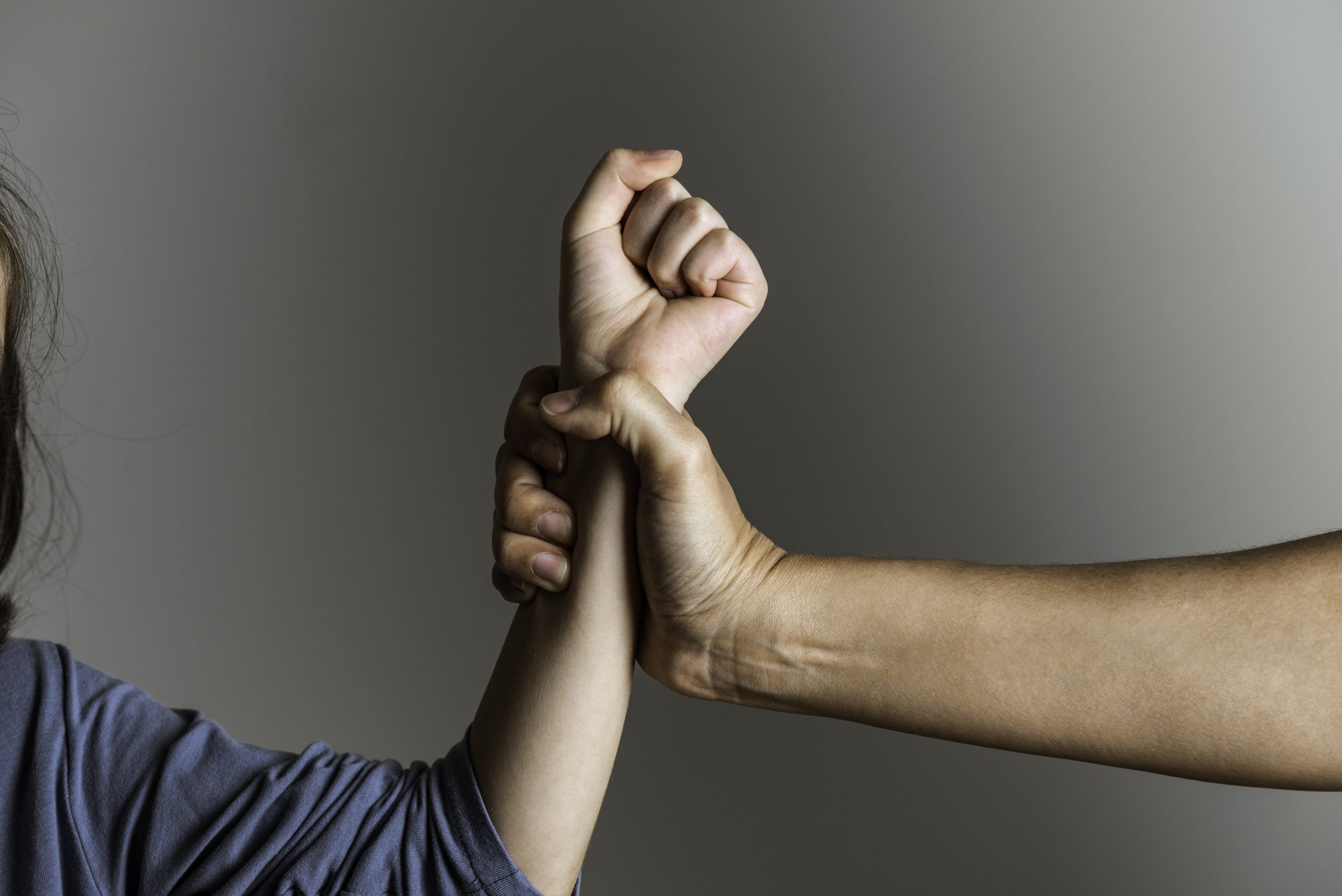Domestic Violence Risks Rise As Temperatures Drop
Reporting abuse in the time of COVID-19.
November 17, 2020
Let’s talk about domestic violence in the time of COVID-19.
The myriad issues related to COVID-19 are not going away any time soon. The extraordinary stress associated with this pandemic, along with fewer opportunities to physically separate from abusive partners, is likely to trigger and even embolden domestic abusers, particularly if domestic violence is already present in the relationship.
The U.S. Department of Justice reports that about 1.3 million women and 835,000 men are victims of physical violence by a partner in a typical year, and it is well-known that children who witness the violence are often ancillary victims and at risk of physical abuse.
Emotional abuse can be particularly nefarious and is even harder to prove, regularly accompanies physical abuse, and sometimes stands alone, wreaking havoc on the abused’s self-esteem, which often results in long-term damage in its own right. If you are abused, you may find yourself questioning your own self-worth, including your capability as a parent, spouse and employee.
Many support organizations and government agencies across the country report hotline calls have risen substantially since the pandemic began in March, with an expectation that this number will continue to rise as the temperature drops and families are left inside, together.
And those statistics do not address another significant issue, that even with a rise in numbers, reporting of domestic violence incidents is believed to have decreased, given third party reporters, which includes teachers and other professionals, have less access to students at this time and are therefore less likely to notice the more subtle signs of abuse.
Medical experts in The New England Journal of Medicine call it a “pandemic within a pandemic.”
So why do some victims not always report the abuse, including to their attorneys?
In my family law practice, I work regularly with mental health professionals on a myriad of issues. I have often found that victims of abuse have not reported their abuser, are reluctant to file petitions for Orders of Protection, have not reported the abuse to the police or their medical professionals, and sometimes even try to conceal the abuse from me as we progress through their divorce or custody matter. When a client does finally tell me about the abuse they suffered, I am often left perplexed as to why he/she was so reluctant to speak and report the domestic violence.
I asked Andrea Labis, LCSW-R, a therapist who has been in private practice more than 28 years and has worked within the court system on behalf of her clients, to talk more about the complicated issue of reporting domestic violence generally, and now, in the time of COVID-19.
“Often, we are asked in court, or the abused party is placed on the defensive in court, for failing to report incidents of abuse to doctors or law enforcement. The abused are asked why Orders of Protection were not sought, as if to say that the incidents being reported to the court are fabricated,” Ms. Labis says. “There is a level of shame and self-blame that victims experience which often inhibits their ability to seek medical or psychological care, let alone seek protection from law enforcement or the court system.”
Add to that, the issue is often further complicated when there are children of the relationship, as the abused party is afraid of losing contact or custody of his/her children, particularly because it means that the abuser may have more time alone with the children and be left unprotected.
Ms. Labis says, “You need to keep in mind during domestic violence, even when it is physical, there is always an emotionally-charged component which leads to control of the abused party by the abuser. A victim of domestic violence can be understood as an emotional hostage of the abuser, and it is only when they are literally safe that they can seek the help that they have needed all along.”
She also says that the court may sometimes misinterpret the late “claims” of abuse as manipulative efforts to keep their partner away from their children, or see abuse of a spouse as separate from the children, not carefully considering the children themselves have likely witnessed the abuse, which is emotional abuse, and, or could be in danger themselves if the abuser turns his/her anger toward the child.
The COVID-19 Effect on Domestic Violence
It is more likely than not that we are going to be dealing with pandemic-related stress and uncertainty well into 2021.
With fewer court hearings and the ability to spend time in-person with clients, it is that much harder to put some of the more subtle pieces of the puzzle together and glean if a client is in trouble.
Ideally, courts would assess any and all safety risks to the children and err on the side of caution, especially with pre-verbal children who cannot ask for help.
For many families who are divorced or contemplating divorce, the emotional stakes have increased.
And when domestic violence, either physical or emotional, is part of a toxic relationship, the stakes are even higher.
Combatting it, and keeping families safe, requires diligence from all of the professionals interacting in the Family and Supreme Court setting –including judges, lawyers, therapists, attorneys for the children and forensic evaluators. In my practice, I have learned to ask about this during my consultations with a client so that I can help deal with this issue.
Resources
If you are reading this and are in immediate danger, call 911.
And if you are fearful for your or your children’s safety, please visit The Hotline or Safe Horizons.
To find a therapist, visit the Psychology Today Therapy Directory.
It is important for callers to understand that you cannot erase your phone cache and abusers can pull info from the device itself or the phone bill. If you have the ability to phone or research using a friend’s device, please consider doing that.
NOTE: This article is not intended to serve as legal or mental health advice. Each situation is unique. Please reach out to a local therapist or attorney to address your issues specifically.
Originally published November 17, 2020 in Psychology Today.

